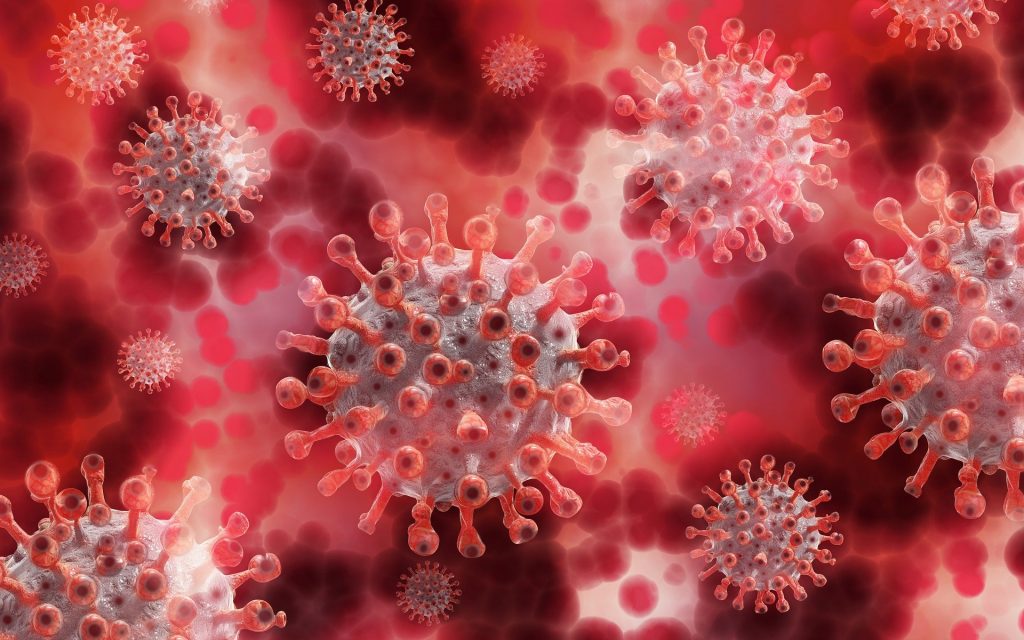 Subscribers Only
People
Subscribers Only
People 
As the search for a vaccine against Covid-19 continues. Dr Richard Greville, Director, ABPI Cymru Wales & Distribution Supply Chain, highlights how companies around the world are playing their part.
Scientists across the world are racing to discover a vaccine for COVID-19. Recently, we heard that human trials for a vaccine, developed by the University of Oxford, had started. However, this is just one of more than 75 different vaccine projects underway across the globe, 72% of which are being led by companies. These companies have deep scientific knowledge gained from decades of experience with similar viruses, such as MERS, SARS, influenza, HIV and Hepatitis C. This experience and the knowledge gained dramatically improves the likelihood of success and speed in developing an effective vaccine.
Companies are researching vaccine candidates and exploring ways to leverage existing technologies which will enhance our ability to rapidly scale-up production once a potential vaccine candidate is identified. The combined technological and manufacturing capability of biopharmaceutical companies are helping to take enormous steps forward.
Traditionally, vaccines are created by using a weakened form of a virus which works by pre-warning the body’s immune system to fight the actual virus, if a person encounters it. The team at the University of Oxford began working on an antigen – literally something that causes an immune response – as soon as the Covid virus’ genome became available in mid-January with the aim of priming the body to recognise the coronavirus and attack it.
Recently, the UK’s GSK and France’s Sanofi announced that they had joined forces in the search for a new vaccine. Other companies are also working to find a solution, including Johnson & Johnson (who have announced a vaccine candidate for COVID-19 and are committed to supply one billion vaccines worldwide for emergency pandemic use) and Pfizer (who have entered into partnership with BioNTech to jointly develop their mRNA-based vaccine candidate). There are many other examples of industry work worldwide – some of which are highlighted on our website.
Regardless of the technology, because vaccines are given to otherwise healthy individuals and used across swathes of the population, it is essential to make sure that they are safe and effective for people to use. This is best done by progressing through a series of stringent tests, or clinical trials.
This involves testing in small numbers of healthy people to confirm the intrinsic safety, then in larger groups of people, exploring in more detail the right dose and administration of the vaccine. Finally, trails will be rolled out into even larger groups of people to prove the vaccine actually works – that it prevents infection in the target population.
However, scrutiny doesn’t stop there and even after a vaccine is approved for use in the general population, it continues to be monitored carefully to check for any side effects and to understand for how long the vaccine provides protection.
Normally, it takes many years to develop, produce and manufacture a new vaccine at scale, but researchers are working with regulators around the world to shorten that timescale without compromising safety. Nonetheless, even with a following wind, there is no guarantee or assurance that a vaccine will become available until much later this year, or early in 2021.
At the ABPI, we are doing all we can with the hope that science will prevail against COVID-19. Companies and institutions around the world are working 24/7 to discover and develop a safe, effective vaccine as fast as possible and a solution to this pandemic can’t come soon enough, for the benefit of people in Wales, the UK and across the globe.
For more information on the ABPI and our work on COVID-19, please visit our website.


